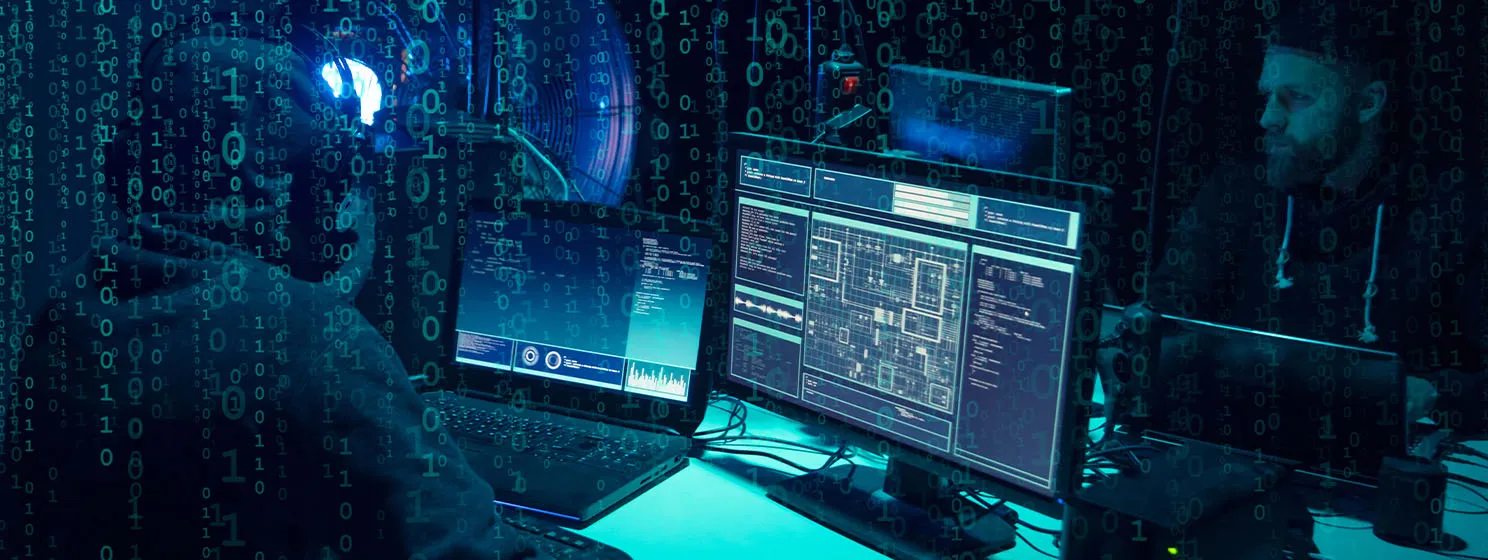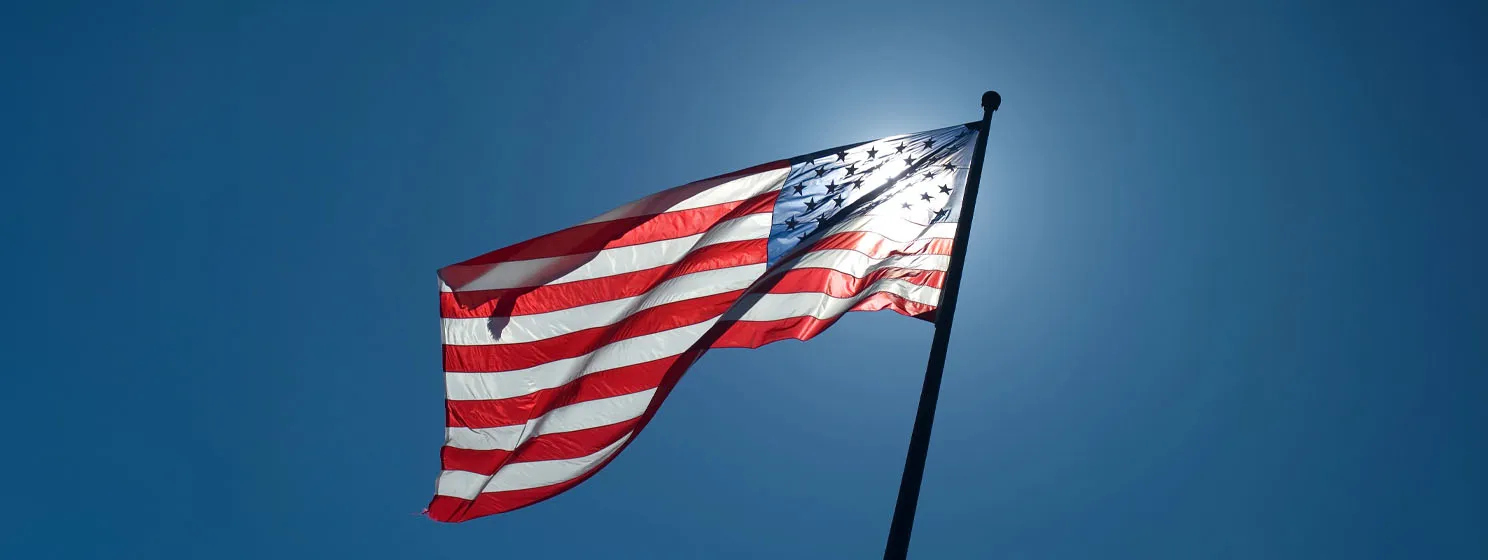|
Getting your Trinity Audio player ready...
|
Seattle has unveiled plans to integrate artificial intelligence (AI) into the issuance of housing and small business permits within the city, leveraging the emerging technology to circumvent traditional bottlenecks.
According to a report, Seattle Mayor Bruce Harrell signed an executive order directing all applications to be reviewed and processed using AI. The signing creates an AI pilot program and a Permitting and Customer Trust (PACT) team to spearhead the AI-powered permit issuances.
Seattle is teaming up with Chicago-based CivCheck, an AI-based startup with a streak of collaborations with regulators across 10 jurisdictions in Chicago.
Harrell notes that the initiative aligns with the Responsible Artificial Intelligence policy and will usher in changes to the application processes for housing and small businesses. PACT will cut housing review cycles by up to 50%, reducing wait times and saving costs for individuals and small businesses.
The team will also improve the permitting process by spotting and clarifying complex regulations for accommodation seekers. Furthermore, an AI-based platform will pre-screen applications, helping applicants achieve compliance before a formal review.
The AI-based pre-screening system will enable applicants to turn in a compliant document that will scale through the review process, eliminating the traditional back-and-forth with regulators.
“The way that it works is the applicant has the ability to go into CivCheck, upload their plans, and then essentially work with the AI to improve the quality of their permit documents,” said CivCheck co-founder and CEO Dheekshita Kumar.
Several U.S. state and city governments are using AI systems to streamline their permit processes. Honolulu, Austin, and Los Angeles have previously adopted AI systems for permits with impressive results, setting the stage for more cities across the U.S. to pivot to solutions leveraging emerging technologies.
AI utility for public services skyrockets
Governments worldwide embrace AI for public sector use cases for efficiency, transparency, and productivity. AI-powered systems are making an appearance in public schools and hospitals across the U.S. and North America.
In the Asia Pacific, South Korea is increasing the size of its AI investment to integrate it into public services and key sectors of its economy. Despite the frenetic push for adoption, governments are adopting a cautious stance to safeguard the public from inherent AI risks.
UNESCO launches new alliance to improve the public sector AI utility
While the private sector is leading the race for AI, UNESCO has launched a new alliance to help government agencies catch up with enterprises.
According to a press release, UNESCO has teamed up with a group of over 50 institutions involved in training civil servants to launch the AI alliance. Dubbed the Schools of Public Administration and Actors for Research and Knowledge on AI (SPAARK-AI Alliance), the new Alliance will improve the state of public sector adoption for emerging technologies.Unveiled during a high-level conference, alliance members will participate in a raft of dedicated workshops designed to explore ideal strategies to embed AI into their local institutional frameworks.
The SPAARK-AI Alliance will have four focus areas, with developing AI training resources topping the list. Furthermore, Alliance members will pursue the establishment of competency frameworks and a dynamic knowledge hub for the cross-pollination of ideas.
Finally, the SPAARK-AI Alliance will support building a global network while streamlining collaborative research and expert exchange among members. At the core of the mission is an alignment with key international AI frameworks to ensure the secure deployment of AI in public services.
“The SPAARK-AI Alliance represents a crucial step toward building inclusive governance systems where artificial intelligence strengthens democratic institutions,” said UNESCO Director Guilherme Canela.
Per the statement, the Alliance will help public sectors face various challenges affecting AI integration. The training will alleviate fears of AI replacement while supporting the establishment of proper data management practices and keeping an eye on local peculiarities.
UNESCO is extending its streak of establishing international AI governance frameworks. The UN agency has previously teamed up with the Netherlands to develop ethical AI governance standards, recording a spike in AI governance consultations.
Public sector AI utility records steady growth
Countries around the world are looking into AI. Nigeria and the U.S. have teamed up to explore public AI utility, while Canada has unveiled an AI strategy for public sector adoption.
Japanese authorities are investing in research and development for the responsible adoption of AI across key sectors of the economy. Global lawmakers are hurrying to pass legislation to support the pivot to AI, while governments are increasing their budgets for AI integration to match the zest of the private sector.
In order for artificial intelligence (AI) to work right within the law and thrive in the face of growing challenges, it needs to integrate an enterprise blockchain system that ensures data input quality and ownership—allowing it to keep data safe while also guaranteeing the immutability of data. Check out CoinGeek’s coverage on this emerging tech to learn more why Enterprise blockchain will be the backbone of AI.
Watch: Demonstrating the potential of blockchain’s fusion with AI

 08-30-2025
08-30-2025 





